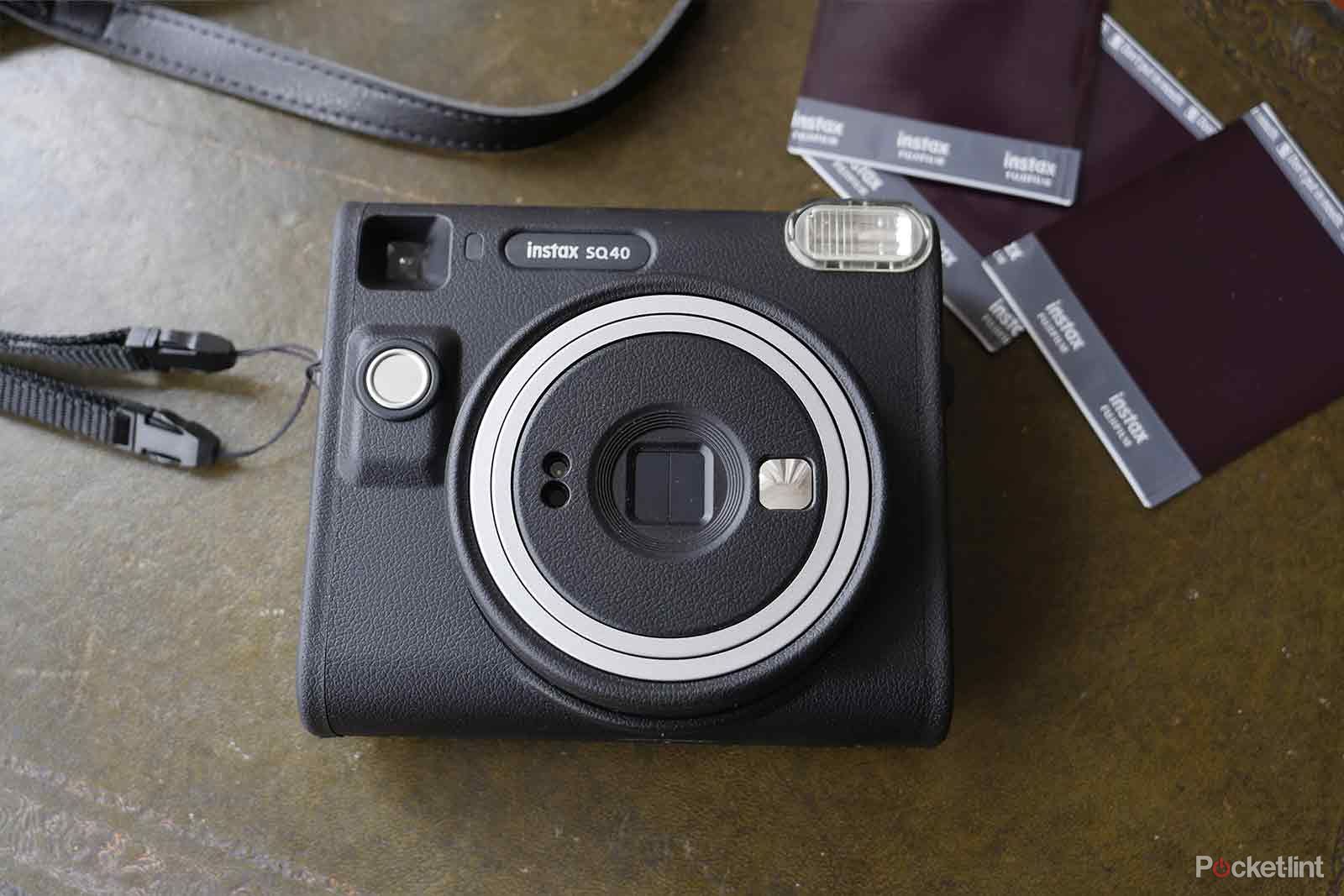Even with the boom in digital photography, instant cameras have endured the test of time. Their physical prints record a moment in time that’s ready for viewing right away, giving them a unique posterity that compact, action, and mirrorless cameras just don’t offer. In fact, the popularity of instant cameras has seen a major resurgence in recent years thanks to new innovations and designs.
But not all options cut it. To make sure photo enthusiasts are shooting their shots with the best instant cameras, we pulled together our team of professional photographers to find the top picks. After reviewing and testing scores of different designs, we discovered which instant cameras offer high quality photos, reliable autofocusing, solid values for the prices, and intuitive controls.
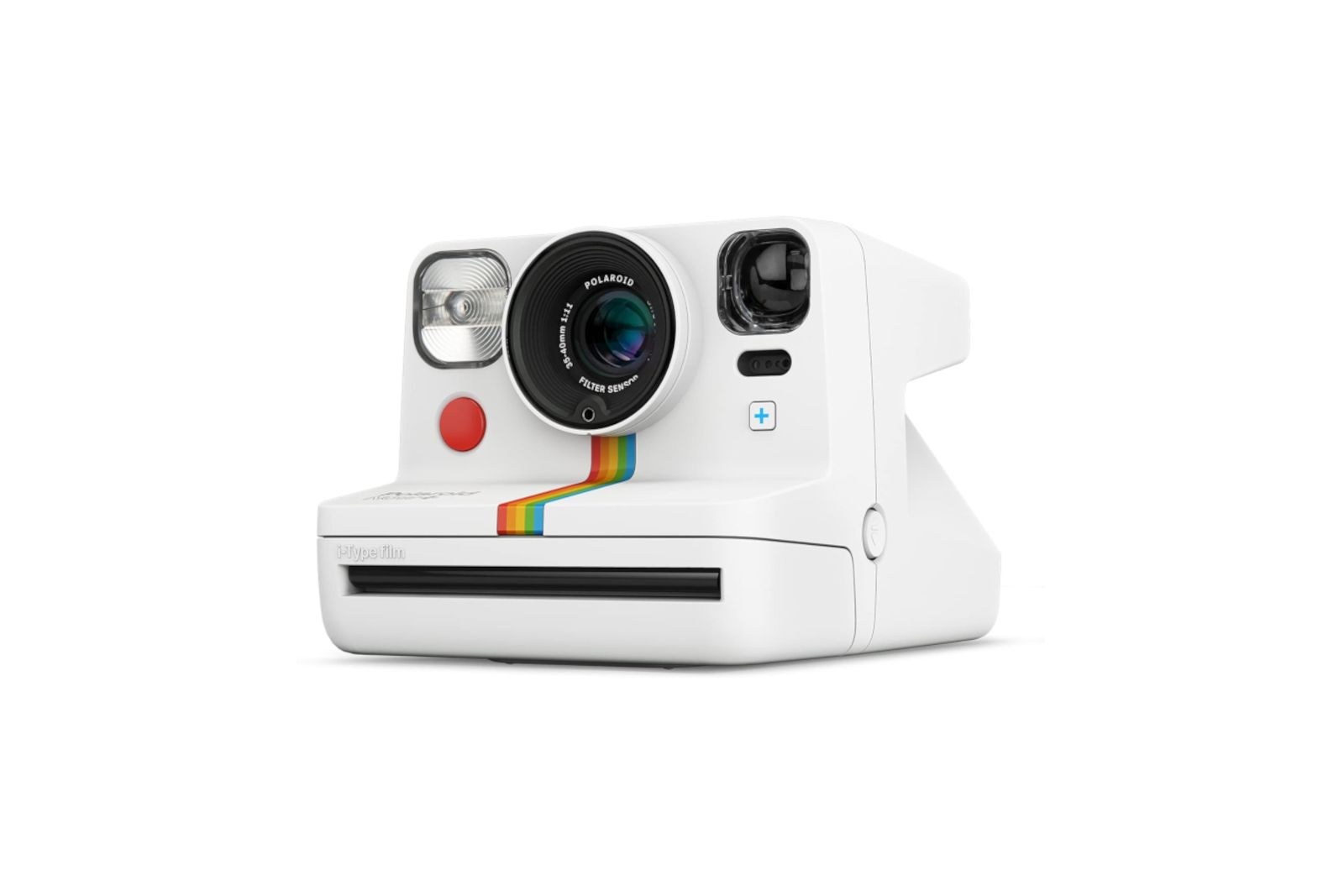
Polaroid
1. Best overall instant camera
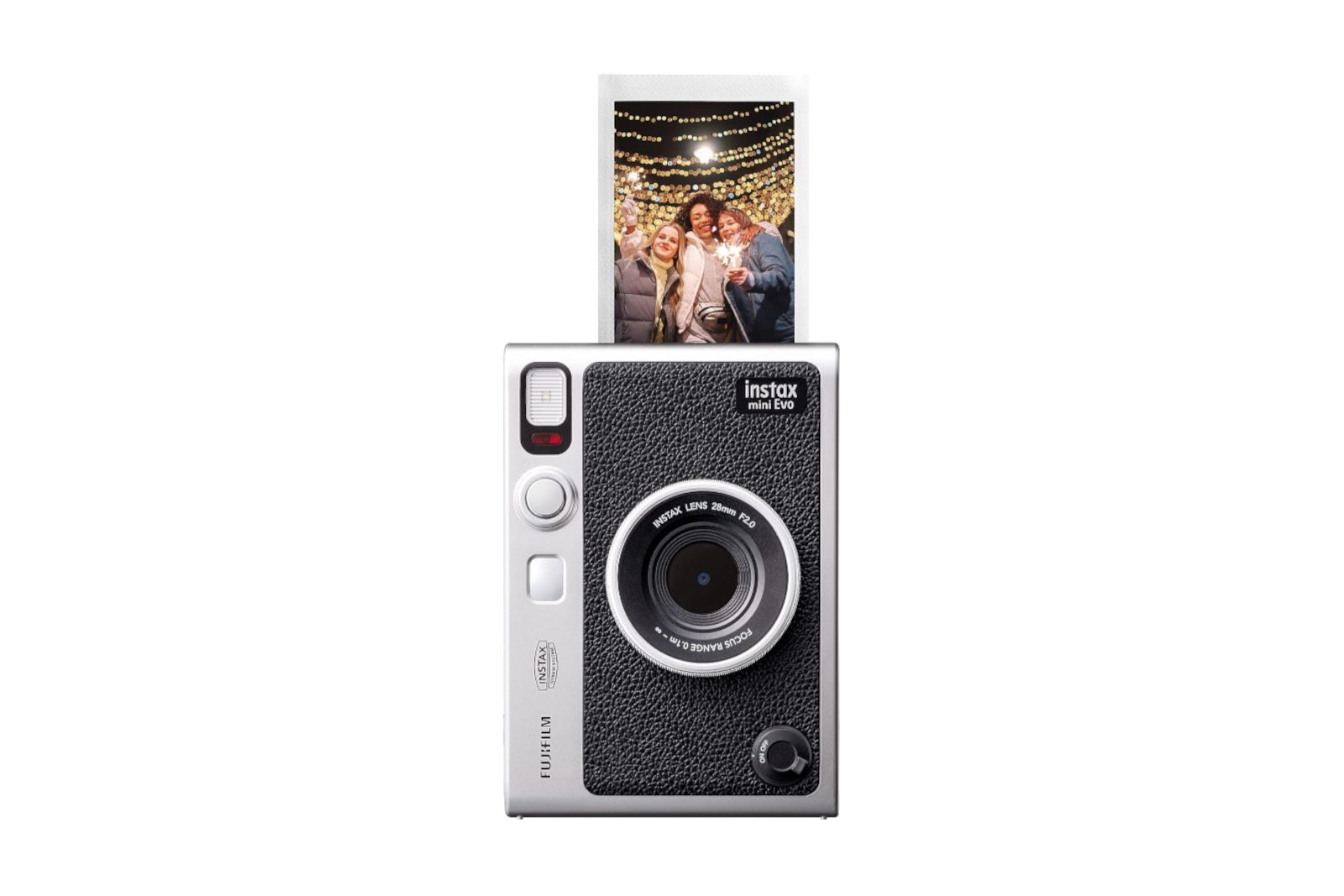
Fujifilm
2. Best digital hybrid instant camera
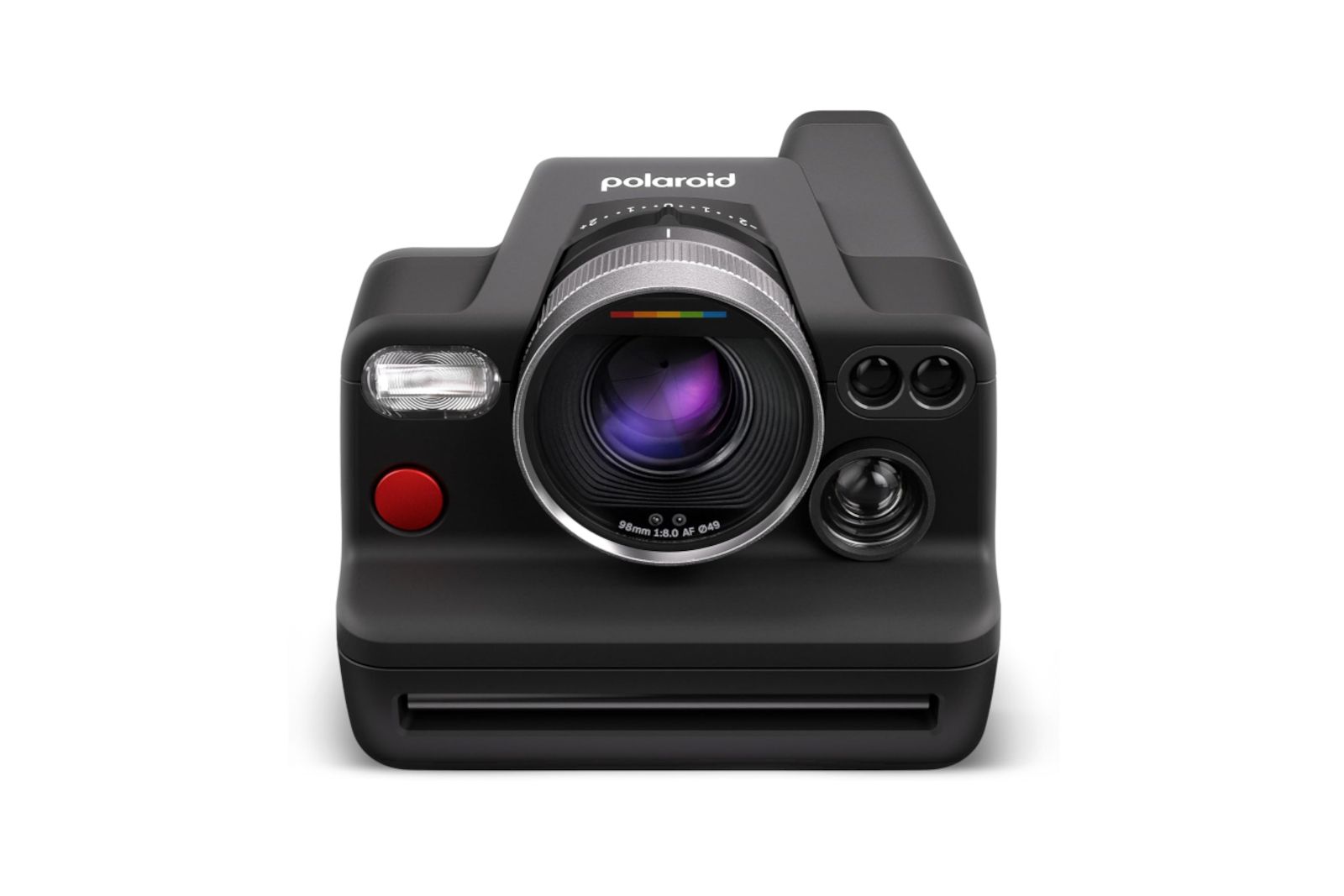
Polaroid
3. Best premium instant camera
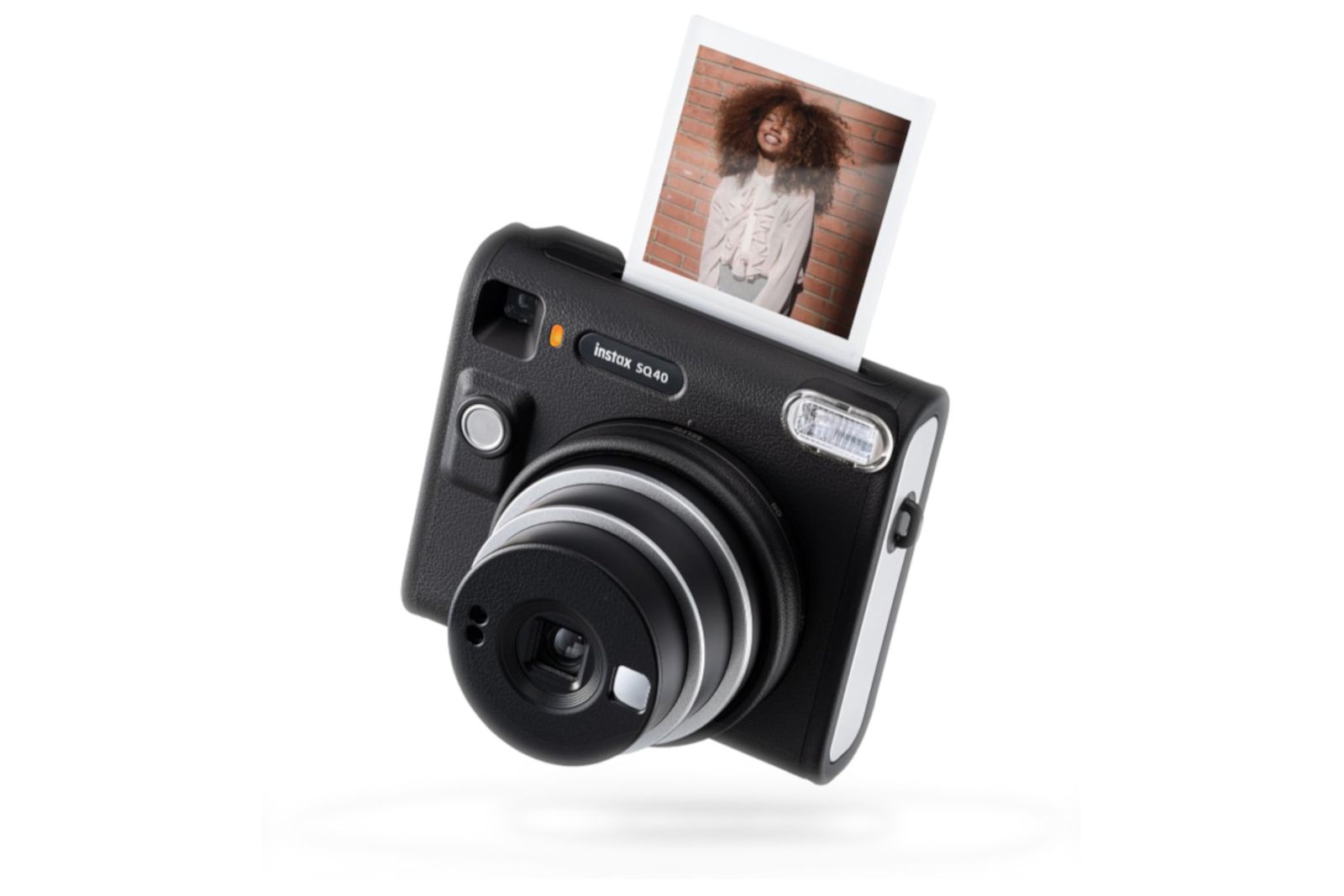
Fujifilm
4. Best instant camera for large-size prints
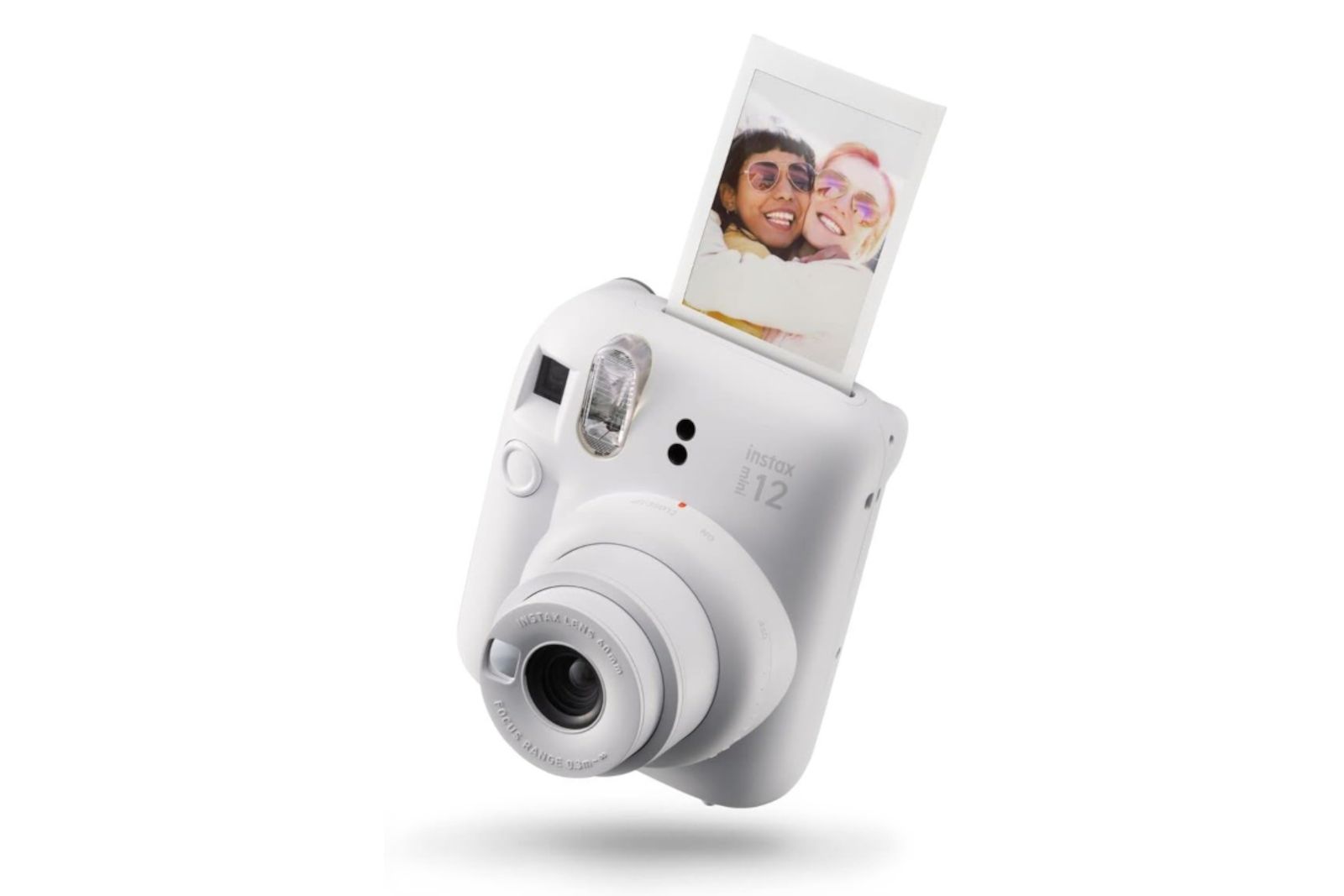
Fujifilm
5. Best compact and portable instant camera
Best instant cameras: Our favorite models

Polaroid
1. Best overall instant camera
The cutting-edge in a classic style
$93 $150 Save $57
With Bluetooth controls, an excellent lens, advanced autofocus, and a bargain price, the Polaroid Now+ sets the new standard for modern instant cameras.
The retro appearance of the Polaroid Now+ might trick you into believing it’s behind the times. It’s far from it. This beautiful instant camera has a slew of modern features that deliver gorgeous mementos. Most impressive is the Bluetooth compatibility, which provides access to the Polaroid App greater controls.
Within the app, you can experiment with a slew of tools, each one as creative as the last. The big one is the full manual control mode, something that few instant cameras offer. But if you’re looking for simplicity, the Polaroid Now+ delivers. The autofocus works brilliantly, with a “hyperfocal optical lens system” that can automatically switch between close-up focus and standard distances. It also has a built-in flash to help optimize the exposure in dark settings, so the shots come out well-lit without the need to set up lighting.
There’s a lot to love about the Polaroid Now+, and it would take a long time to list all its accolades. Nonetheless, we can say with certainty that this is the best all-around design on the market at this price range, and its smooth controls and reliable automatic functions make it a suitable gift for youngsters and advanced photographers alike.

Fujifilm
2. Best digital hybrid instant camera
Instant photos that you can save to your phone
The top hybrid on the market, Fujifilm’s Instax Mini EVO is the perfect solution for those who want to save their shots in digital form for true posterity.
When we first heard about the Instax Mini EVO, we were intrigued by the promise of an instant camera that lets you save images and review them before printing. But Fujifilm doesn’t disappoint, with a design that’s intuitive, packed with controls, and surprisingly affordable.
The biggest benefit of hybrid instant cameras is the ability to review the shot before deciding to print. The Instax Mini EVO takes 2 x 3-inch Instax Mini film, which costs about a dollar a pop. It’s a pretty standard price for instant film, but with the ability to review your photos, you don’t have to worry about wasting film on poor shots. And even if you like the photo but aren’t ready to print, you can save it to a microSD card or transfer it to your smartphone over Bluetooth.
Some instant-camera purists will say that hybrid models aren’t “true” film cameras, since they’re ultimately digital cameras with a printer attached. However, the quality of the Instax Mini EVO’s images is amazing, and they still have that classic instant-photo appearance. Those purists might just think twice.

Polaroid
3. Best premium instant camera
High-end features at a highly reasonable price
The extremely advanced Polaroid I-2 is a true-analog camera, but it includes a slew of digital controls for taking premium pics.
When the Polaroid I-2 was announced, we were pumped to try it out. And then when it hit the market, it exceeded expectations. It’s expensive, heavy-duty, and packed with advanced controls. Yet, for all its fanciness, the I-2 still manages to maintain that Polaroid ease-of-use and intuitiveness that we’ve come to love.
The Polaroid I-2 is the most advanced instant cam on the market. It offers manual exposure controls with multiple f-stops to choose from, letting you experiment with traditional photography styles, like low shutter speeds and depth of field. Another outstanding feature is the autofocus, which employs a LiDAR sensor (basically a low-energy laser) to detect distances with incredible accuracy and speed. This gives it the advantage of a greater possible focus distance, resolving the common problem of most instant cameras’ inability to focus on far-away subjects.
In keeping with the times, the I-2 can connect to smartphones via Bluetooth for use with the Polaroid App. The app expands the creative possibilities even further, such as a remote shutter for taking group photos and manual controls. The manual controls are built-in to the camera itself, but the app helps consolidate everything into one place.
Ultimately, the Polaroid I-2 isn’t for everyone, since its high price and bulky size make it more suited for camera enthusiasts and professionals. Nonetheless, it’s unmatched in its power, and the larger size allows for jumbo, square prints. The results are as premium as the price.

Fujifilm
4. Best instant camera for large-size prints
Big and beautiful instant prints made easy
$142 $150 Save $8
The SQ40 is a great bargain buy that delivers large, detailed, square photos with ease.
We got a chance to try out the Fujifilm Instax SQ40 instant camera, and the large, square film format won our hearts. It’s a fantastic camera for those who want instant prints that are big enough to fit the whole family into the frame. And although its bulky size is an inevitability with film this large, it’s still cleverly designed for portability and style. The 3.39 x 2.83-inch film prints vertically from the top of the camera body, which helps save horizontal space.
Although the SQ40 might not be the tiny pocket-sized camera like the Instax Mini series, it’s surprisingly affordable and easy to use. It has a responsive automatic exposure and simple controls that snap to attention when you turn it on. This allows you to grab candid moments on the fly, and the results are clear, colorful, and detailed.
We also love the retro style mixed with modern fittings. There’s a “selfie mode” that makes use of a close-up focus and mirror to let you snap unforgettable selfies. You can also use the Instaxup! app to digitize your prints, which turns your phone camera into a scanner to upload shots that would otherwise be stuck in the real world.

Fujifilm
5. Best compact and portable instant camera
Powerful performance in a compact and convenient package
$71 $80 Save $9
Fujifilm’s latest in the Instax Mini series continues the tradition of convenience and affordability while adding some new features, like selfie mode.
When many of us think of instant cameras, we envision portable devices that are easy to use without hassle. That’s what makes the Instax Mini 12 from Fujifilm the best in its class. Not only is the design sublimely simple, but it also boasts a compact size that’s ready to go on the fly.
The Mini 12 has several improvements over its predecessor, including a faster automatic exposure and focusing system. It also boasts a variable aperture range, which means it can handle lower lighting better than fixed-aperture lenses. But you really don’t have to worry about the technical details, since everything is automatic. It’s a point-and-shoot that reacts quickly to set the optimal exposure and capture the moment.
This is our top pick for those on a budget, as well. The price is a steal, but don’t forget to budget for prints and batteries. We recommend getting a pack of rechargeable batteries, since this thing can burn through two AAs in a full day of shooting.
The bottom line: What’s the best instant camera?
This ultimately depends on your preferences and budget, but our first recommendation is Polaroid Now+. No camera offers so many advanced features for such an affordable price. With Bluetooth compatibility, manual controls, excellent autofocusing, and a slew of creative presets, the Polaroid Now+ is the complete package.
There are other great options out there as well, such as the Polaroid I-2. It’s quite expensive, and rightfully so. The advanced controls give photographers greater creative liberties to experiment with exposure and app-based modes. On the other end of the spectrum, the affordable Fujifilm Instax Mini EVO is worth a gander, since the hybrid design allows you to review and store digital images before printing, which can help save money on pricey instant film.

Polaroid
Editor’s Choice
$93 $150 Save $57
How we chose the best instant cameras
Even though instant cameras are typically marketed towards hobbyists and non-professionals, it’s still worth it for a professional photographer to give it a look. Indeed, Pocket-lint’s team of pros knows what to look for in a camera. We searched for options with top-notch autofocus, film types, digital features, builds, and ease-of-use.
Autofocus: Few instant cameras have manual focusing, so the quality of their autofocusing is a priority. Plus, because most models use an optical viewfinder, it can be hard to tell if your subjects are in focus. Thus, you may end up having to trust the autofocus to get it right on its own. Make sure to look up the autofocus system of an instant camera before buying it to see if it’s up to your standards.
If you don’t want to take your chances, you can always go with a fixed-focus camera. These have small apertures, like f/22, to help make sure everything is in focus. They’re not great for taking sharp photos of distant objects or dark subjects, but for portraits and group photos, they’ll do the trick.
Film type: When buying an instant camera, it’s a good idea to budget for film, as well. Many models are compatible with only one type and size, so you’ll have to restock your supply with the same film every time. You should consider what size you want your mementos to be before settling on a camera. The “mini” models often produce credit-card-sized photos that can fit in a wallet, while pricier picks may offer larger, square film stock. The film isn’t cheap, either. Individual photos often cost around a dollar a pop, though you can get more bang for your buck by buying in bulk.
Digital features: Hybrid instant cameras are basically digital cameras with a printer attached, such as Fujifilm’s Instax Mini EVO. They often have the ability to save image files, connect to smart devices wirelessly, control the exposure manually, and add effects via an app.
However, there are still some “true” analog cameras that offer sweet digital features. For example, the Polaroid Now+ can connect to a smartphone over Bluetooth to utilize the Polaroid App. It opens up a slew of filters and creative tools that you can play with before you snap your shot.
Size: Until recently, instant cameras were super bulky and not the most travel-friendly. Now, there are tons of different shapes and sizes that help boost their portability. But if you want larger-sized prints, you’ll still be stuck with larger-sized cameras. If you elect for the latter, you’ll likely need a camera bag to carry the film, camera, and accessories.
Ease of use: You don’t need to be a pro to use an instant camera. Indeed, it’s a great gift for beginners and youngsters, so make sure to pick a camera that’s easy to use. This includes loading the film, as little kids might struggle with loading trays that require precision and a firm grip.
Why are my instant photos coming out dark?
Cameras with fixed-focus lenses have a small aperture to keep everything in focus. They’re convenient, but their downside is that they struggle in low lighting. You’ll have to make sure your subject is well-lit, so turn on those lamps or go outside to ensure well-exposed shots. Also, filters and effects will almost always lower the exposure, and removing them can help boost the brightness.
Does shaking an instant photo help it develop?
No. This myth has endured for as long as instant cameras have existed. Shaking an instant photo will not help it develop faster or come out better. In fact, it’s possible to harm the image with vigorous shaking, since the chemicals within the film can shift around as they develop. You don’t need to worry about light exposure, either, as the image starts developing the second you snap the picture and will no longer react to light.



